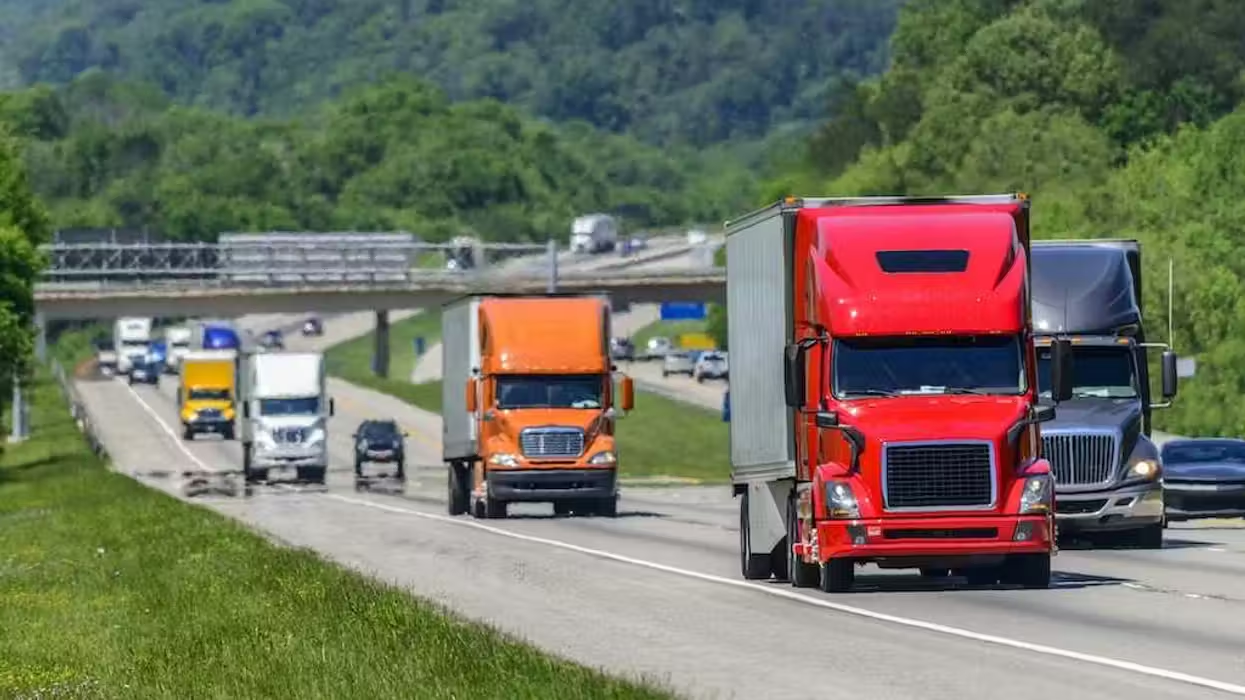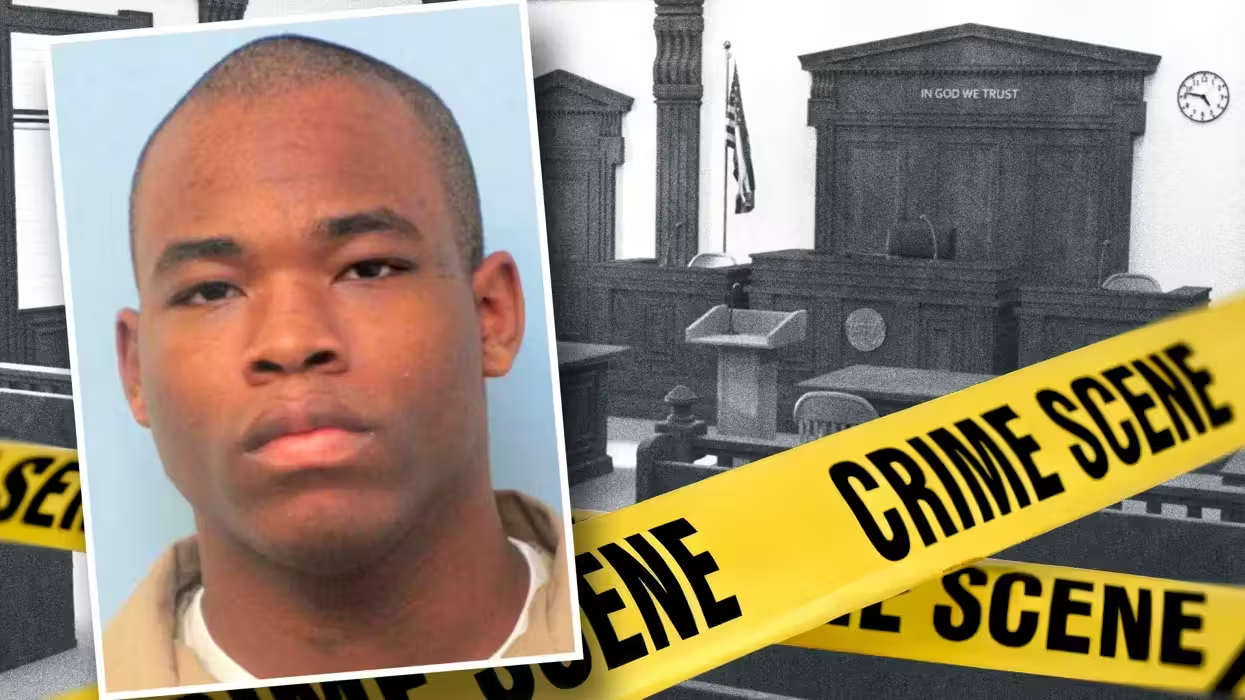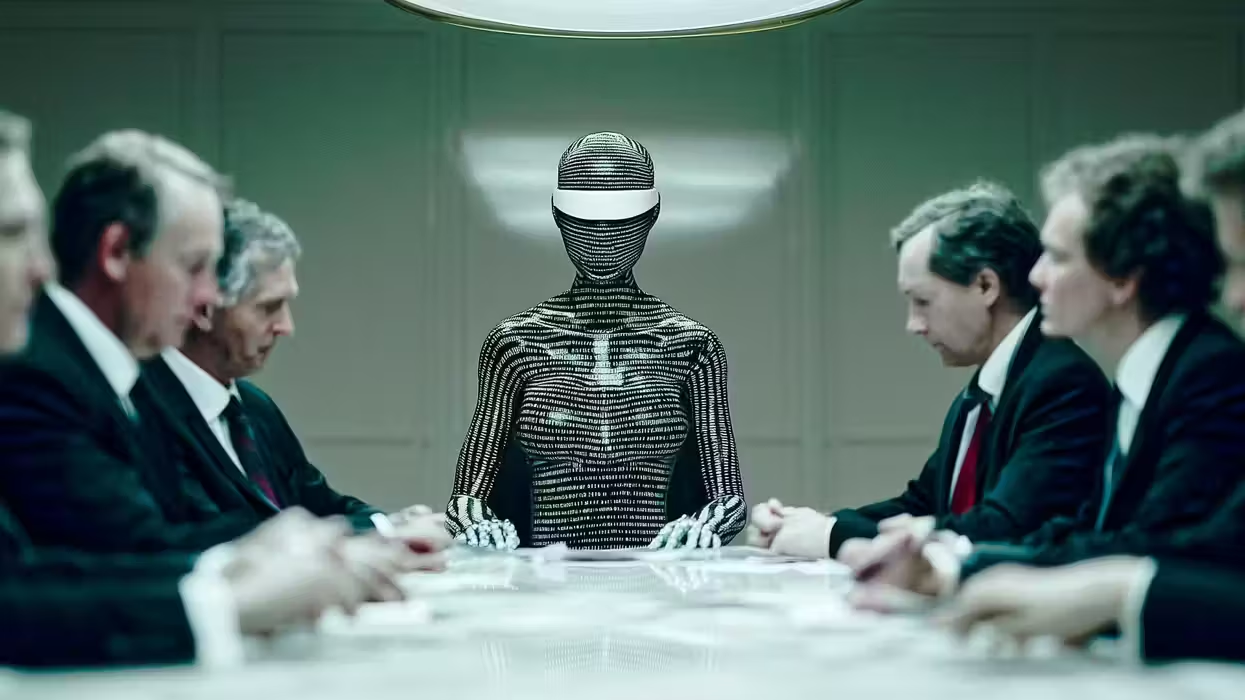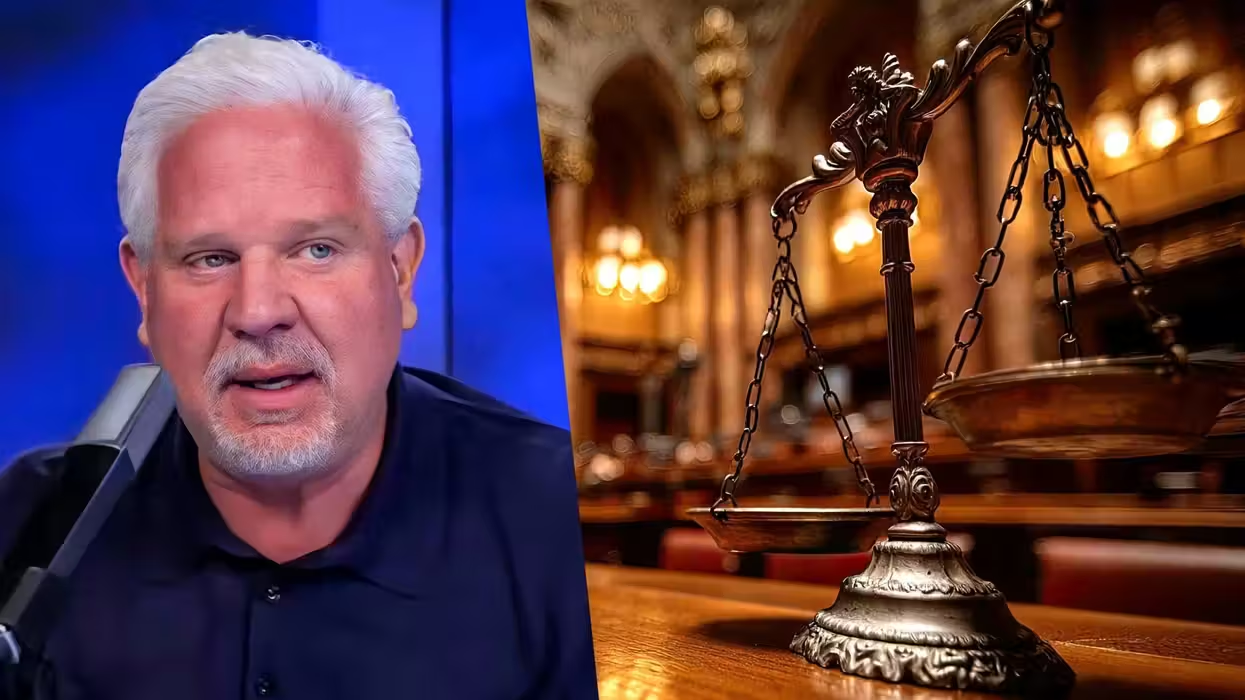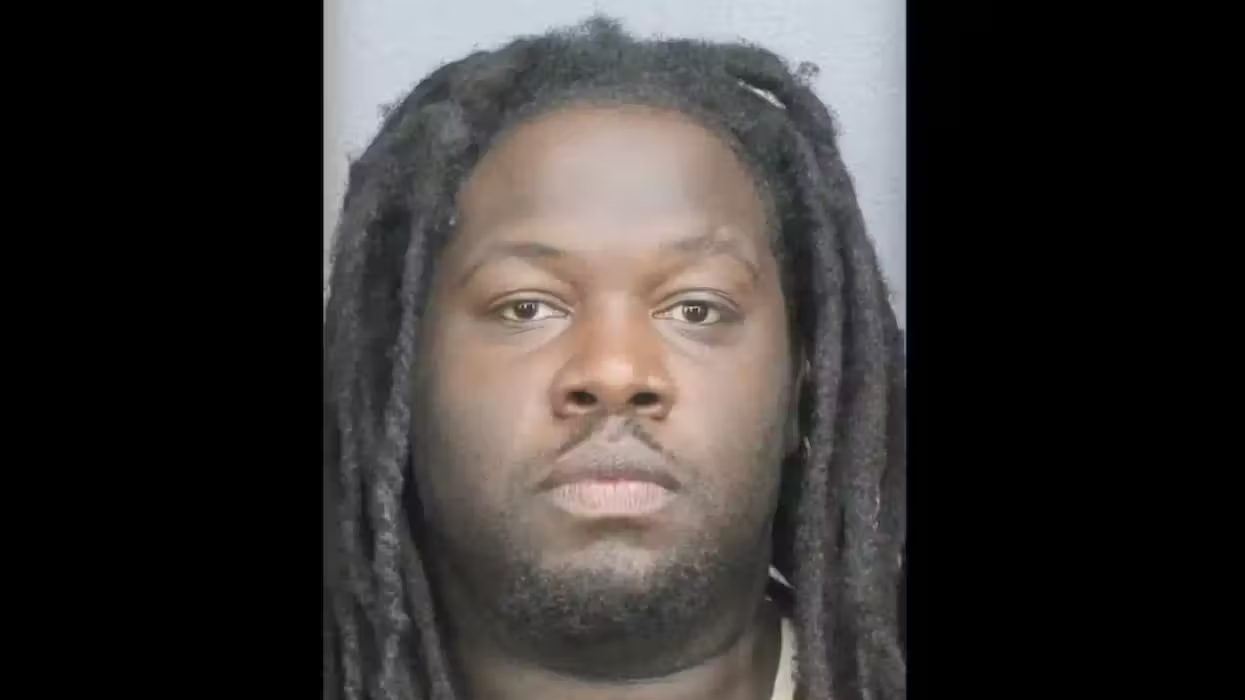Following a recent string of reports suggesting law enforcement officers have used license plate scanners to track and monitor drivers without cause or warrant, state lawmakers in Montana have decided they're having none of it.
 Paul J. Richards/AFP/Getty Images
Paul J. Richards/AFP/Getty Images
State Rep. Daniel Zolnikov, a Republican, introduced legislation Jan. 28 "prohibiting the use of a license plate scanner by the state or a local government." His bill was approved Feb. 13 by the Montana House Judiciary Committee in an 11-10 vote, though still has a long way through the state legislature before it becomes law.
"The purpose of this legislation is to severely limit Montana's consideration of purchasing and implementing these devices. We have a very short period of time before the state likely starts implementing license plate scanners and starts sharing it with the Department of Justice," Zolnikov said.
The bill does make certain exceptions, however: Scanners could still be used in parking regulation enforcement, and the Montana Department of Transportation would be allowed to use the scanners at designated virtual ports of entry, weigh station ramps that use screening systems and virtual weigh stations that use motion technology.
But the information collected under these exceptions would remain anonymous, restricting the state from identifying the vehicle, the vehicle owner, the driver of the vehicle or any passengers in the vehicle.
Furthermore, any information collected and stored under the exceptions would remain as private information, only accessible by state employees for the sole purpose of helping those employees complete the jobs they are assigned. Any information collected could only be stored for up to 18 months.
The bill has its fair share of opposition, including from the Montana Association of Police Chiefs and the Montana Department of Justice.
"This bill ties the hands of law enforcement," Larry Epstein of the MAPC told MTN News.
Jon Bennion of the state Justice Department said the bill would "totally prevent [license plate scanner] use, either direct or indirect, including that with a search warrant."
Supporters of Zolnikov's legislation include the ACLU of Montana and the Montana Libertarian Party. Neither organization immediately responded to TheBlaze for comment.
Lawmakers in other states such as Florida, Indiana, Missouri, Montana, New Jersey, Vermont and Virginia have considered similar bans, or have at least proposed certain restrictions on the use of license plate readers, according to TheNewspaper.com, a driving law website.
New Hampshire is currently the only state to have banned the technology outright, although Maine is also strict on the use of collected data. Maine requires stored information to be deleted within 21 days, according to Slate.
(H/T: Reason)
—
Follow Jon Street (@JonStreet) on Twitter

 Paul J. Richards/AFP/Getty Images
Paul J. Richards/AFP/Getty Images

